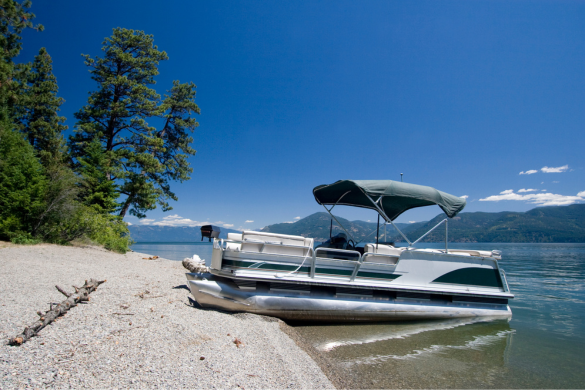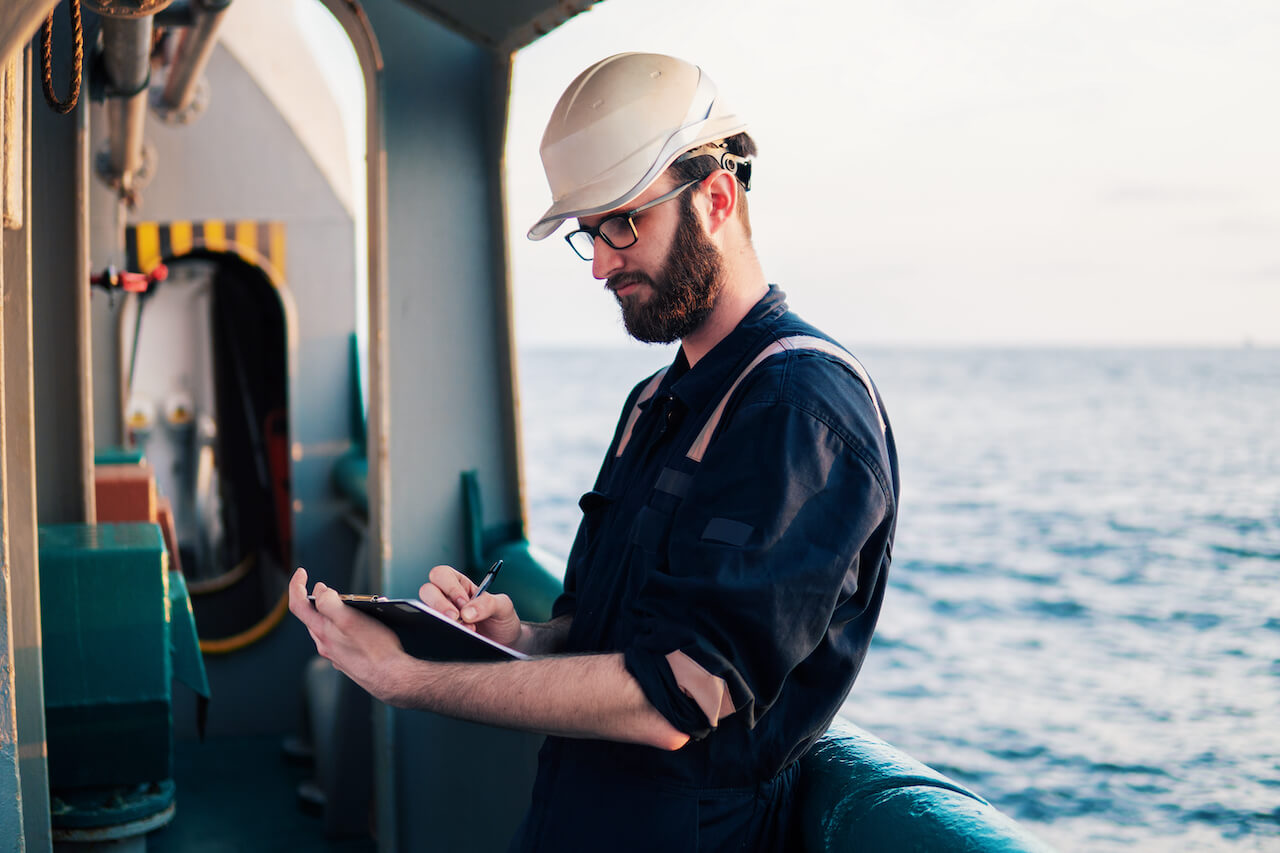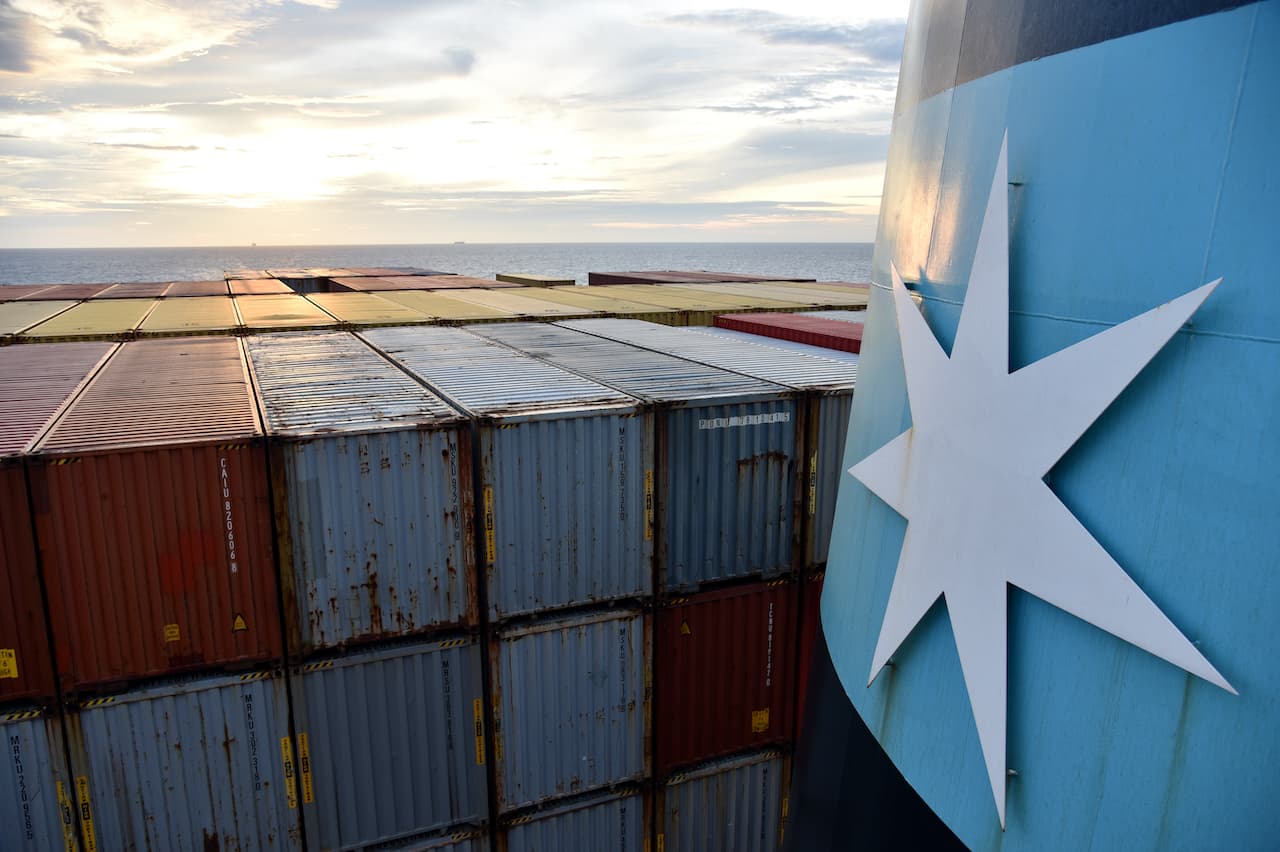Pontoon boats are widely used for recreational boating, but they come with specific safety risks. Newer, faster designs and larger pontoons can make accidents more likely if weight is uneven or the boat is operated in rough conditions. At Latti Associates LLC, we’ve represented injured recreational boaters for decades, and we understand the dangers that can lead to serious injuries on pontoons.
Sea-Doo Switch Recall Highlights Potential Hazards
Recently, Bombardier Recreational Products (BRP), the manufacturer of the Sea-Doo Switch pontoon boat, issued a safety recall after several accidents involving the watercraft. The Sea-Doo Switch uses a waterjet-powered tritoon design, steering like a jet ski, and eliminates the dangers of exposed propellers.
Even though the Sea-Doo Switch meets ABYC and U.S. Coast Guard standards, BRP is advising owners to make hull adjustments to reduce the chance of capsizing. These incidents can cause serious injuries, especially if ballast water moves forward or passengers crowd the bow. You can review the official recall here.
Recent Flagstaff Lake Incident Highlights Recall Risks
Tragically, one of the models recently under recall flipped on Flagstaff Lake, Maine, resulting in the deaths of two passengers and leaving another in critical condition. Reports indicate that the boat’s bow began to submerge before the flip, and none of the passengers were wearing lifejackets.
This accident underscores the real-world consequences of design vulnerabilities, improper weight distribution, and failure to follow safety advisories. Even when a vessel meets federal safety standards, recalls and manufacturer warnings should always be taken seriously to prevent life-threatening accidents.
For anyone who owns a Sea-Doo Switch or similar pontoon, this incident is a reminder to follow recall instructions, ensure passengers wear lifejackets, and carefully manage weight distribution.
How Pontoon Design Can Increase Injury Risk
Most pontoons are stable on calm water, but some design features and loading choices can make them riskier:
- Weight Distribution: Too many people at the bow can pull the front of the boat under. Even large tritoons or XL pontoons aren’t immune.
- Ballast Systems: Boats like the Sea-Doo Switch let water move inside the pontoons for balance. In certain conditions, this water can shift forward, making the bow dive.
- Limited Freeboard: Unlike monohull boats, pontoons don’t have flared bows, so they handle waves differently and are more prone to submerging in choppy water.
Even small mistakes – like standing at the bow in rough water can lead to serious accidents, including falls, crushing injuries, or drowning.
Pontoon Safety Tips to Protect Yourself and Passengers
There are practical ways to reduce the risk of accidents on pontoon boats:
- Distribute Weight Properly: Keep passengers spread out and avoid crowding the bow.
- Watch the Water: Pontoons aren’t built for steep waves or heavy wakes. Stay aware of conditions and weather.
- Follow Manufacturer Guidelines: If your boat has a recall or advisory, make the recommended changes as soon as possible.
- Keep Passengers Informed: Make sure everyone on board knows where it’s safe to stand or sit, especially in rough or fast-moving water.
Why Injury Awareness Matters
At Latti Associates LLC, we understand the serious consequences of maritime accidents. Injuries from pontoon accidents can range from broken bones and spinal injuries to severe head trauma or drowning. Our decades of experience in maritime injury and wrongful death claims mean we know how to hold manufacturers and operators accountable when negligence or design flaws contribute to accidents.
If you or a loved one has been injured in a pontoon or recreational boating accident, it’s crucial to contact an attorney. We’ve recovered over $100 million for clients in cases involving unsafe vessels, negligent operators, and defective designs, and we can help you navigate the complexities of your claim.
Pontoon Boat Safety and Legal Guidance for Injured Passengers
Pontoon boats can be enjoyable and stable in calm waters, but accidents can happen quickly due to design limitations, rough water, or improper weight distribution. Understanding the risks and taking precautions is essential for every boater.
Stay safe on the water, but if an accident occurs, our experienced maritime injury attorneys are here to help you protect your rights.




